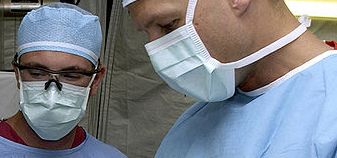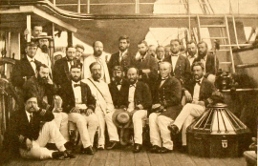Podcast: Play in new window
BOB HIRSHON (host):
Maximizing kidney donations. I’m Bob Hirshon and this is Science Update.

We each have two kidneys, but only really need one. So when a loved one needs a kidney, many family members are happy to donate. The problem is, potential donors are not always a good match. That’s where “kidney exchanges” come in: where one donor gives a kidney to a stranger, and that stranger’s family member, in turn, donates a matching kidney to the first donor’s loved one. But according to Stanford University economist and Nobel laureate Al Roth, mathematical algorithms can calculate exchanges that benefit even more potential recipients.
AL ROTH (Stanford University):
And sometimes chains of kidneys can be arranged, and it turns out that long chains of this sort are very useful because the hardest to transplant patients aren’t compatible with very many kidneys.
HIRSHON:
He says while computer matching won’t eliminate the current kidney shortage, the method has facilitated thousands of donations that wouldn’t have been possible otherwise. I’m Bob Hirshon, for AAAS, the science society.

